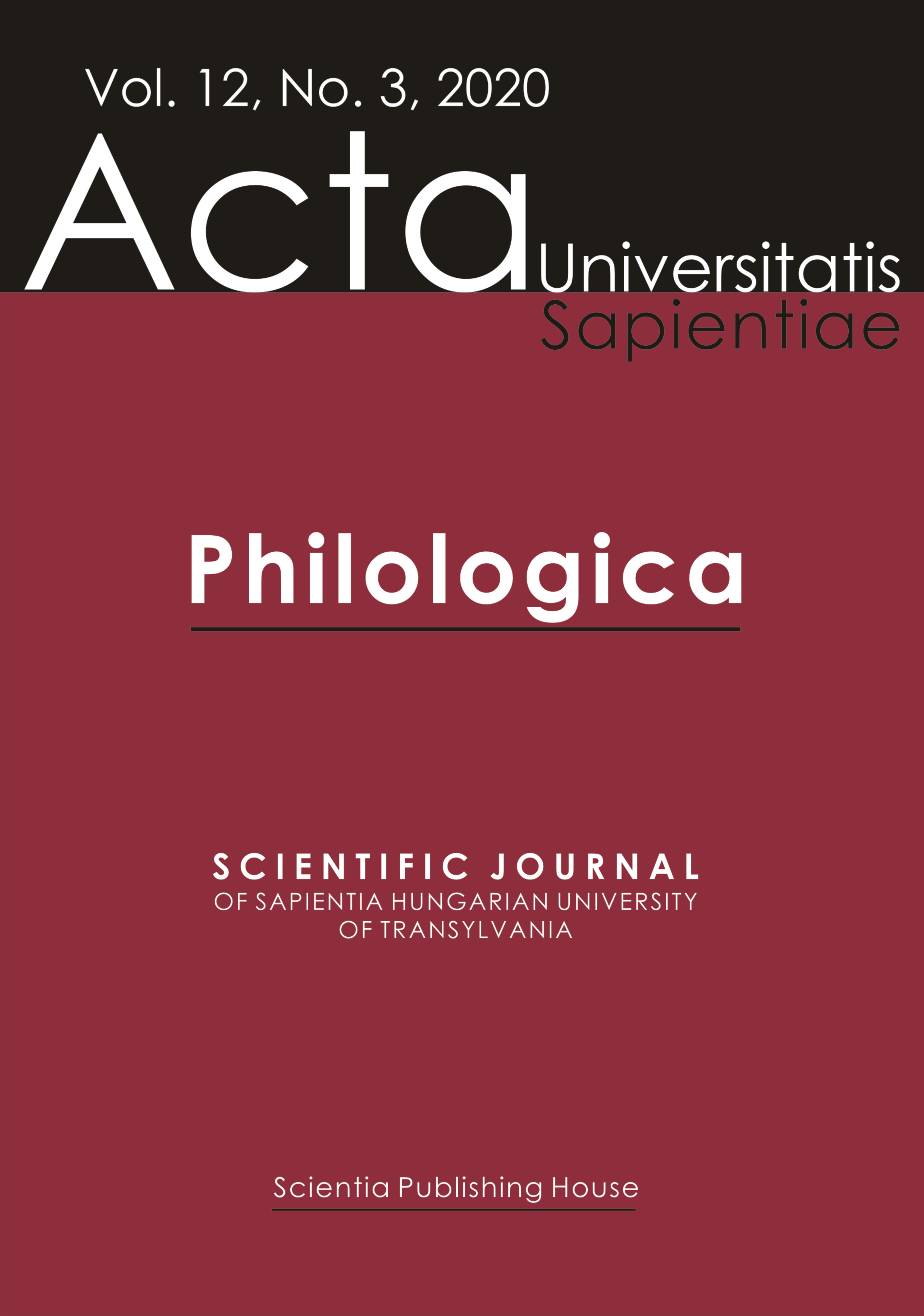Internal Perspectivism and Empathy in Ismail Kadare’s Novels in the Communist and Post-Communist Period
Internal Perspectivism and Empathy in Ismail Kadare’s Novels in the Communist and Post-Communist Period
Author(s): Lindita Tahiri, Nerimane KamberiSubject(s): Albanian Literature
Published by: Scientia Kiadó
Keywords: Ismail Kadare; interior monologue; inter-subjective focalization; metafiction; mind style;
Summary/Abstract: This paper compares the literary work of the Albanian writer Ismail Kadare in the communist and post-communist periods, pointing out the stylistic traits that have made his work resistant to the communist rule. In a political context which managed to disfigure literature as a tool of the daily interests of politics, Kadare succeeded in protecting language from an Orwellian absolute repression. During the communist period, Kadare broke out not only of the Albanian political isolation but also of the stylistic limits and literary incapability of Socialist Realism. Yet, scholars such as the eminent Balkan historian Noel Malcolm (1997) have condemned Kadare for opportunistic relation with the regime, and this opinion emerged every time the writer was announced as candidate for the Nobel Prize. The paper argues that Kadare’s narrative style characterized by lack of authoritarianism is the best argument which refutes this condemnation. The stylistic features of his prose are analysed through linguistic indicators such as agency, transitivity, passivation, animacy, free direct and indirect discourse, intensifiers, deictics, thematization, and cohesion. This study points out the internal perspectivism in Kadare’s prose written during the communist period and identifies metafiction and inter-subjective focalization in his post-communist novels.
Journal: Acta Universitatis Sapientiae, Philologica
- Issue Year: 12/2020
- Issue No: 3
- Page Range: 1-16
- Page Count: 16
- Language: English

